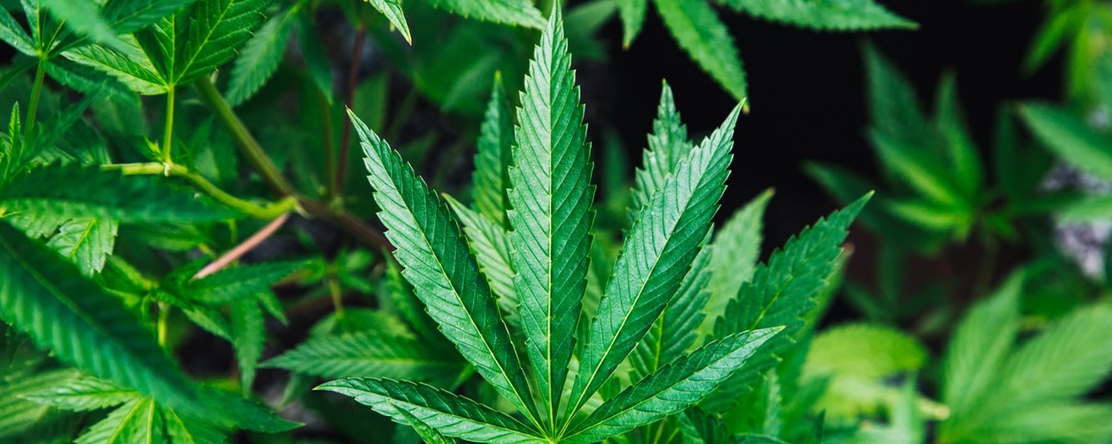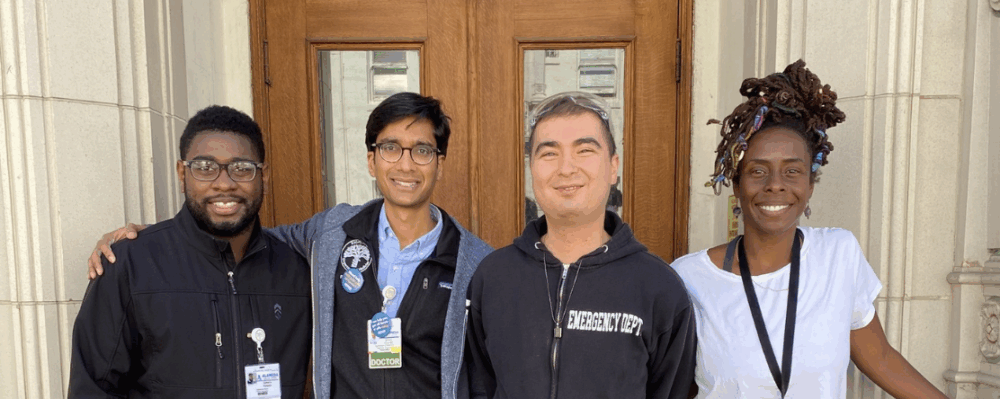
Press Release
New Study Finds Only Slight Increase in Marijuana Use After Legalization
-
Focus Areas
Alcohol, Tobacco, Drugs & Mental Health -
Issues
Cannabis -
Expertise
Evaluation, Research – Quantitative -
Programs
Alcohol Research Group

Residents of Washington State now seem more likely to report prior use
 A new retrospective assessment of marijuana use in Washington State published by the Alcohol Research Group, a program of the Public Health Institute, found only a 1.2 percentage point increase in past year use after recreational marijuana was legalized, from 24.3% to 25.6%. The new findings published in the Journal of Studies on Alcohol and Drugs suggest that a previous report showing an increase of 3.8 percentage points may have been overestimated due to respondents underreporting their consumption when marijuana was still illegal.
A new retrospective assessment of marijuana use in Washington State published by the Alcohol Research Group, a program of the Public Health Institute, found only a 1.2 percentage point increase in past year use after recreational marijuana was legalized, from 24.3% to 25.6%. The new findings published in the Journal of Studies on Alcohol and Drugs suggest that a previous report showing an increase of 3.8 percentage points may have been overestimated due to respondents underreporting their consumption when marijuana was still illegal.
The Alcohol Research Group’s retrospective study surveyed 3,451 adults in 2014 and 2015, asking them to reflect back on their use prior to the state’s 2012 legalization of marijuana and on their use in the past year. By contrast, a prospective comparison utilizing the National Survey on Drug Use and Health (which found that use increased from 15.3% in 2011-12 to 19.1% in 2013-14) used a pre- and post-comparison, surveying people both prior to marijuana legalization and after.
“In our study, respondents seemed more likely to admit past use because the drug is now legal with less stigma associated with it than before legalization,” said William C. Kerr, lead author and Senior Scientist at the Alcohol Research Group.
“With many states considering marijuana legalization, we wanted to consider the results of these two different types of comparisons when assessing pre-and-post drug use. If our study better represents how often people used the drug, marijuana legalization’s short-term impact on use in the state may have been quite small—and it likely means that in states that haven’t legalized, use is higher than surveys would show.”
The analysis by Kerr and his colleagues also found that new marijuana users tended to be older, White, and moderate drinkers who do not use marijuana simultaneously with alcohol. And although the increase in marijuana use was small overall, more people appear to be using on a weekly or more frequent basis than before legalization. There was no significant increase in marijuana and alcohol being used together.
“Our study only touches on some of the questions we have about the short-term effects of legalization,” added Kerr. “We also need to continue to monitor use details and to understand the possible consequences such as dependence, impaired driving, and other health-related harms to get a clearer picture of its impact and to better inform policymaking.”
###
Kerr, W.C., Subbaraman, M.S., Williams, E., Greenfield, T.K. (2018). Changes in marijuana use across the 2012 Washington State recreational legalization: is retrospective assessment of use before legalization more accurate? Journal of Studies on Alcohol and Drugs: https://www.jsad.com/doi/abs/10.15288/jsad.2018.79.495
Research reported in this press release was supported by the U.S. National Institute on Alcohol Abuse and Alcoholism (NIAAA) of the National Institutes of Health under award numbers R01AA021742 (W.C. Kerr) and National Alcohol Research Center Grant P50AA005595 (W.C. Kerr). The content is solely the responsibility of the authors and does not necessarily represent the official views of NIAAA or the National Institutes of Health.
About the Alcohol Research Group
The Alcohol Research Group (ARG) is a program of the Public Health Institute. ARG is dedicated to improving public health through deepening our understanding of and developing preventive approaches to the implications of alcohol and other drug use.
About the Public Health Institute
The Public Health Institute, an independent nonprofit organization, is dedicated to promoting health, well-being and quality of life for people throughout California, across the nation and around the world.
More Updates
Work With Us
You change the world. We do the rest. Explore fiscal sponsorship at PHI.
Support Us
Together, we can accelerate our response to public health’s most critical issues.
Find Employment
Begin your career at the Public Health Institute.



